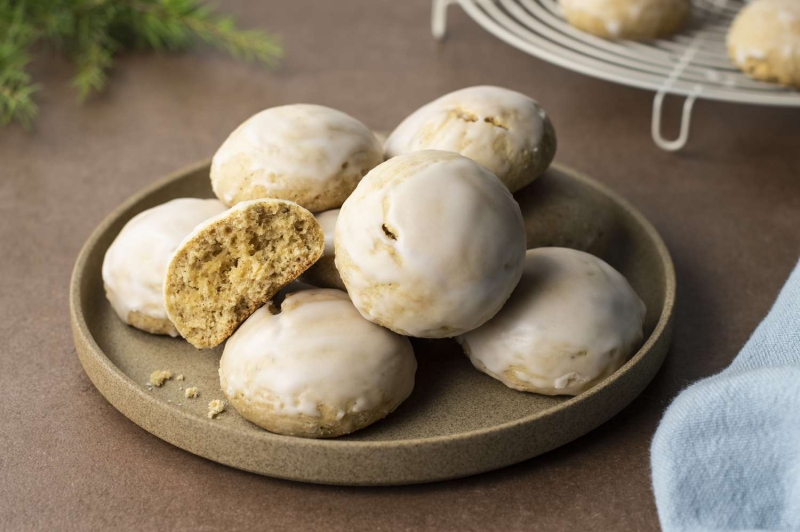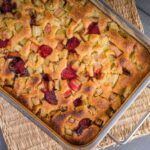Prep: 15 mins
Cook: 12 mins
Refrigeration time: 60 mins
Total: 87 mins
Servings: 20 servings
Yield: 3 to 4 dozen
A pryanik (pryaniki is plural) is a Russian spice cookie (also known as honey bread) that is indispensable anytime tea is served, which is all the time, but especially at Christmas.
The simpler ones look like round mounds slathered with a flat icing, while more elaborate varieties, like the famous tula pryaniky, often were made in loaf form (thus, the term "honey bread") and stamped with a wooden press to produce an embossed decoration.
Russian spice cookies or honey bread have been made since the 9th century, originally with rye flour, honey, and berry juice. Over time, other natural ingredients were added to the mix, but it wasn’t until trade began with the Middle East and India in the 12th and 13th centuries that spices were added. Typically, the cookies were laced with cloves, ginger, citrus fruits, pepper, nutmeg, mint, anise, ginger, and many other flavorings, giving them the name pryanosti or well-spiced.
Formerly, pryaniki held special significance and were baked for births, funerals, weddings, holidays, and any festive occasion. Newly married couples took a special pryanik to the bride's parents several days after their wedding.
Pryanik-making became such an art form and were in such demand that special craftsmen—pryanishniki—closely guarded their family recipes and passed them down from one generation to the next.
As you might imagine, recipes, flavors, shapes, and styles abound. Most often they are seen as cookies pressed into a mold, rolled and cut, or dolloped into mounds.
They are drizzled with thin flat white, pink, or chocolate icing and sometimes decorated with berries, nuts, or candied citrus peel, and some are filled with jam. Today, these fancier cookies are round with a stamped decoration and often filled with jam.
Don’t forget to serve pryaniki with tea from a samovar for a traditional experience or that traditional Russian wintertime beverage known as sbiten.
«These were tasty little spice cookies, and they baked perfectly. The cookies do spread a bit, so make sure to leave 2 inches between them. I added a few drops of vanilla to the glaze mixture, and the cookies were delicious. » —Diana Rattray
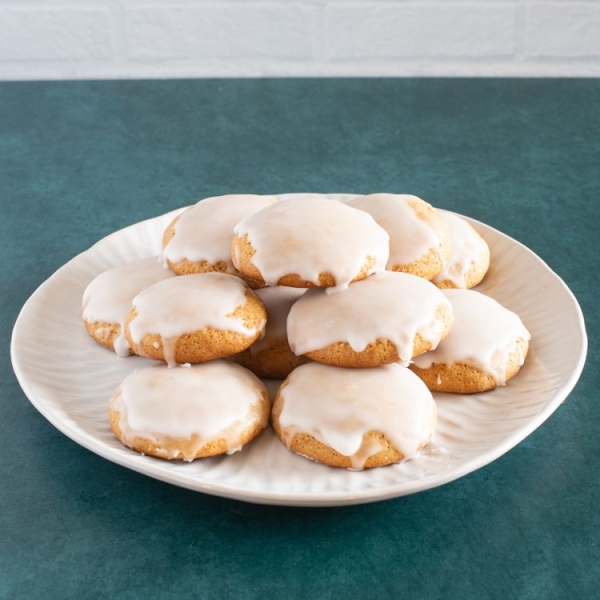
A Note From Our Recipe Tester
Ingredients
For the Cookie Dough:
-
3 cups (374 grams) all-purpose flour
-
1 teaspoon baking soda
-
1/2 teaspoon ground cardamom
-
1/2 teaspoon ground cinnamon
-
1/2 teaspoon ground ginger
-
1/4 teaspoon ground cloves
-
1/2 teaspoon ground nutmeg, optional
-
1/2 teaspoon ground allspice, optional
-
1/8 teaspoon salt
-
2 large egg yolks
-
1 large egg
-
1/3 cup granulated sugar
-
3 ounces (6 tablespoons) unsalted butter, melted
-
3/4 cup (265 grams) honey, or agave syrup
-
1 teaspoon pure vanilla extract
For the Glaze:
-
1 cup (110 grams) confectioners' sugar
-
1 to 2 tablespoons water
Steps to Make It
Note: this pryaniki recipe is broken down into two steps—making the dough and making the glaze—to help you better plan for preparation and cooking.
Make the Cookie Dough
-
Gather the ingredients.
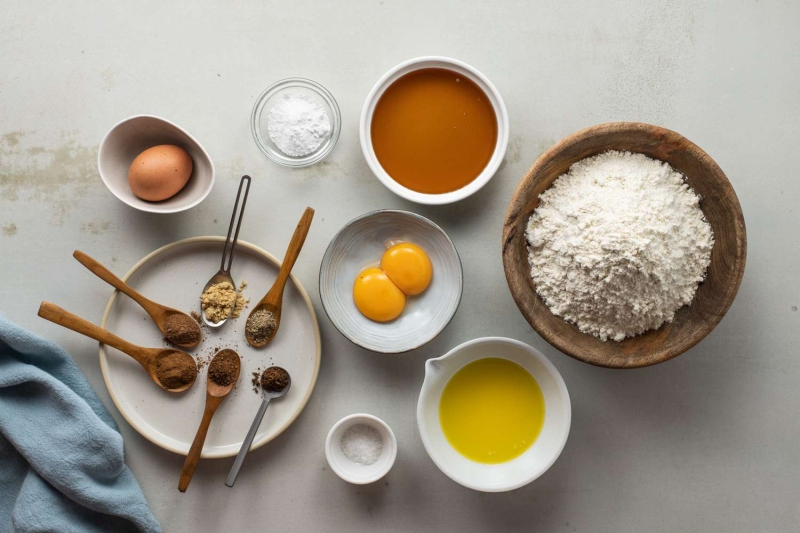
-
In a medium bowl, sift together flour, baking soda, cardamom, cinnamon, ginger, cloves, optional nutmeg, optional allspice, and salt. Set aside.
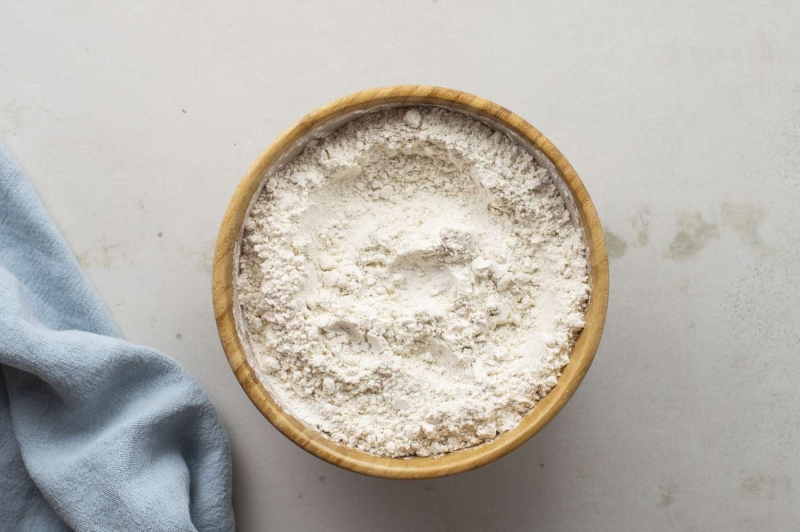
-
In a large bowl, beat together the egg yolks, the whole egg, granulated sugar, butter, honey or agave syrup, and vanilla. If using agave syrup, bake 25 degrees lower (325 F) because the cookies will brown faster.
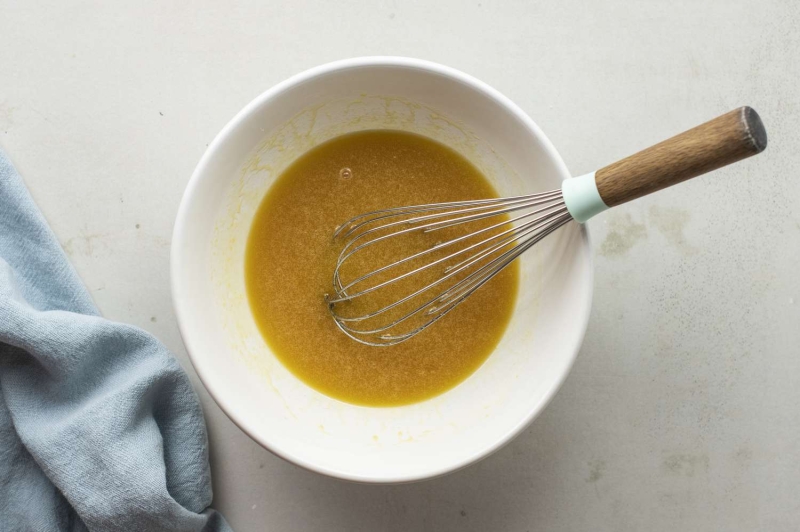
-
Mix in the dry ingredients into the wet ingredients until well combined. Cover with plastic wrap and refrigerate for 1 hour.
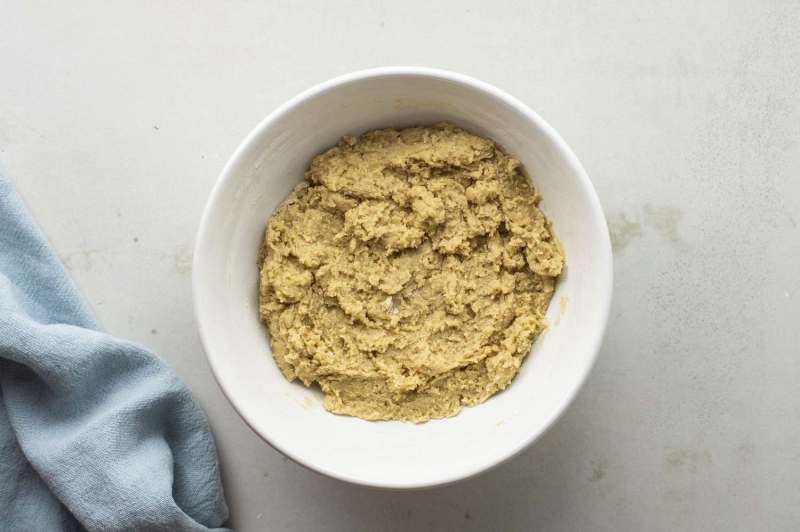
-
Position a rack in the upper and lower portion of the oven and heat to 350 F. Using a 1 tablespoon cookie scoop, portion out mounds of dough and roll them in your hands until they are a completely smooth ball. Place 2-inches apart on parchment-lined cookie sheets. They will flatten out somewhat as they bake but still retain a domed shape.
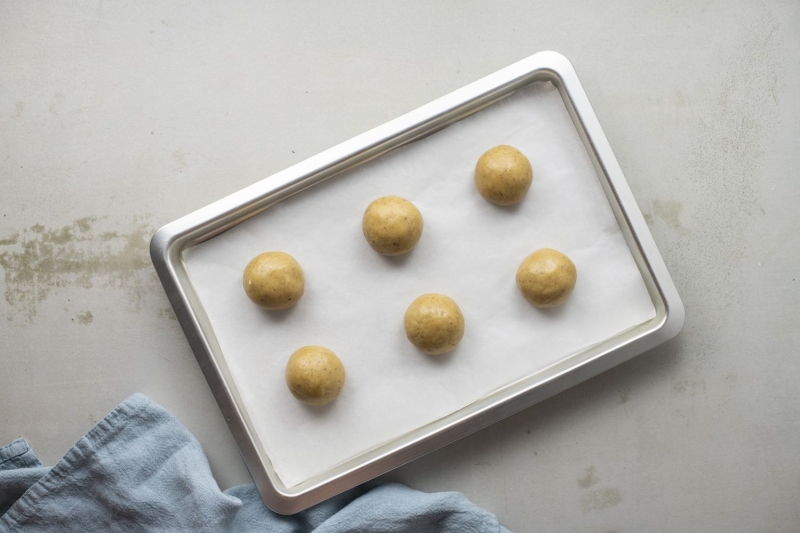
-
Bake until just golden, rotating the sheets halfway through for even baking, 10 to 14 minutes. Cool on the sheets until the cookies firm slightly. Transfer to racks to finish cooling.
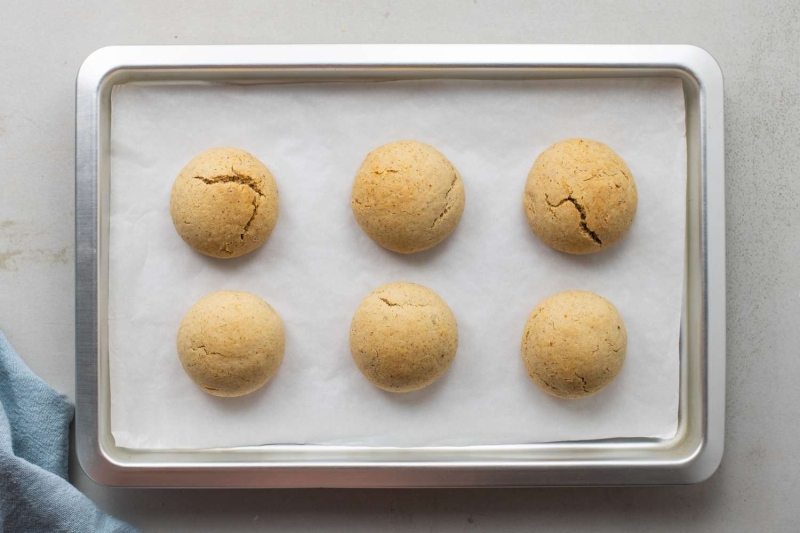
Make the Glaze
-
Gather the ingredients.
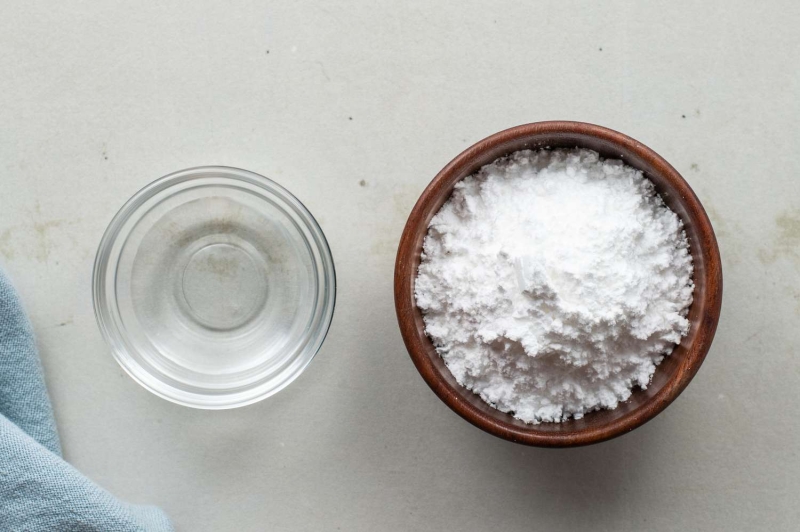
-
In a medium bowl, whisk together the confectioners’ sugar and enough water to form a thin icing.
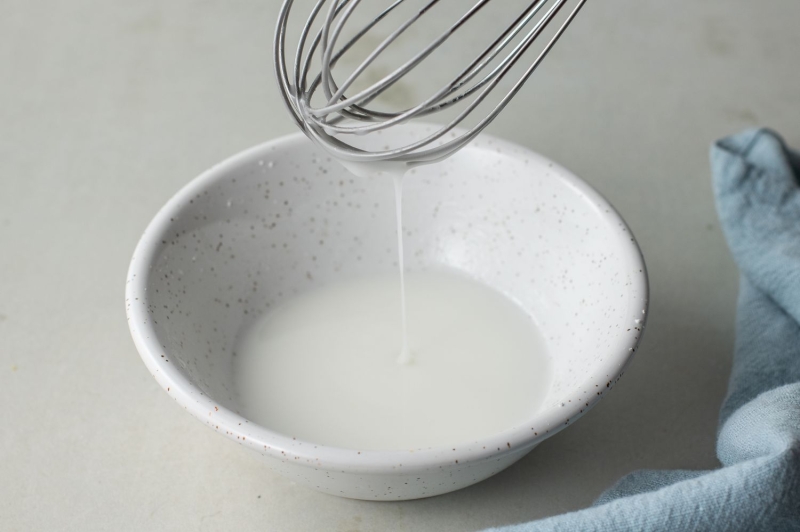
-
Spread on cooled cookies with a pastry brush.
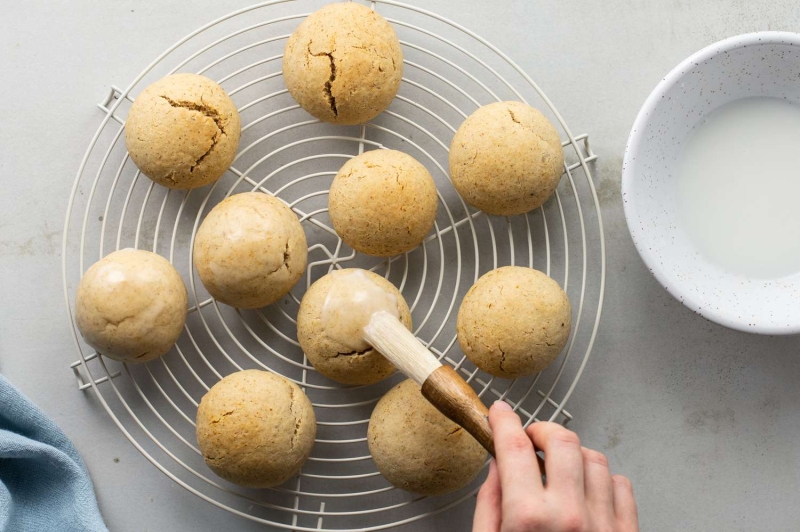
-
Allow icing to harden before serving.
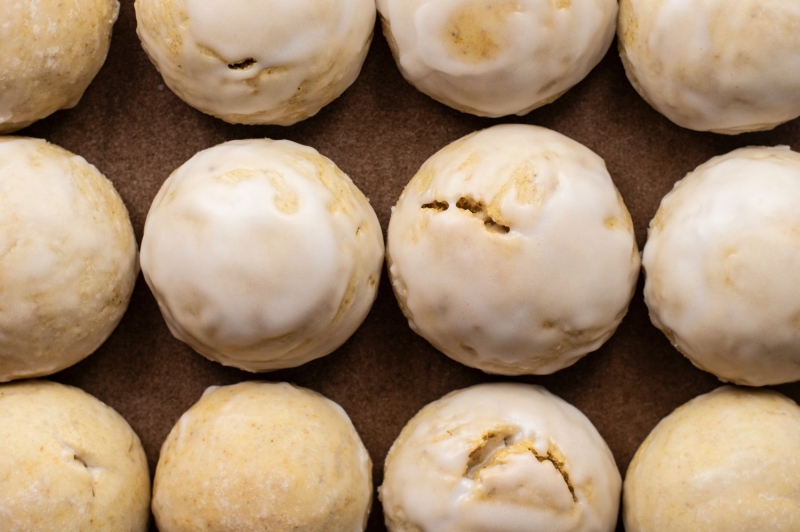
Recipe Variations
Pryaniki with lemon glaze: Make the glaze with lemon juice and a dash of finely grated zest instead of water.
Glaze the cookies with royal icing or an icing made with egg white powder.
How to Store Pryaniki
- Store pryaniki in an airtight container at room temperature for up to 1 week.
- To freeze unglazed, completely cooled pryaniki, arrange them on a baking sheet. Place them in the freezer for a few hours. Once the cookies are frozen solid, transfer them to zip-close freezer bags or a freezer container. Label the container with the name and date and freeze the cookies for up to 2 months. Defrost the cookies on the counter at room temperature and ice them as directed.
Fun Fact
- Tula, a half-day's drive from Moscow, became the pryaniki-making capital of Russia (much like Toruń in Poland). The Tulsky Pryanik museum still stands in Tula today.
| Nutrition Facts | |
|---|---|
| Servings: 20 | |
| Amount per serving | |
| Calories | 183 |
| % Daily Value* | |
| Total Fat 4g | 6% |
| Saturated Fat 2g | 12% |
| Cholesterol 37mg | 12% |
| Sodium 95mg | 4% |
| Total Carbohydrate 34g | 12% |
| Dietary Fiber 1g | 2% |
| Total Sugars 19g | |
| Protein 3g | |
| Vitamin C 0mg | 0% |
| Calcium 50mg | 4% |
| Iron 1mg | 6% |
| Potassium 38mg | 1% |
| *The % Daily Value (DV) tells you how much a nutrient in a food serving contributes to a daily diet. 2,000 calories a day is used for general nutrition advice. | |
